The City of Wolverhampton Council has robustly defended its controversial and outsized role in the English private hire licensing sector, facing intense scrutiny from the Transport Select Committee and industry peers over its practice of licensing tens of thousands of drivers who live and work outside the city boundary.
The Licensing Loophole and Wolverhampton's Facts
At a pivotal Transport Committee hearing on 15 October 2025, licensing officials from Wolverhampton, Transport for London (TfL), and Blackpool Council laid bare the systemic challenges posed by the lack of a unified national framework.
David Pattison, Chief Operating Officer at Wolverhampton Council, confirmed the central statistic fueling the controversy: 96% of the drivers licensed by his authority reside outside the city. This has led to the council being branded a “licence factory”—a characterisation Pattison firmly rejected, citing a 55% failure rate for new applicants as evidence against rubber-stamping.
The core of the issue stems from an existing legal framework that grants drivers the freedom to apply for a private hire licence from any licensing authority in England and then operate across the country. Pattison stressed that the council is legally obliged to process any application if the driver is deemed "fit and proper," stating, "We cannot lawfully refuse someone just because they don’t live in Wolverhampton."
The council's appeal to out-of-area drivers is multifaceted, rooted in its reputation for a quicker, digital-first process and historically lower fees. At one point, a three-year private hire licence was obtainable for under £100, significantly undercutting the £200 to £300 charged by many other councils. Although Wolverhampton has since raised its new driver fee to £69, it remains a low-cost option.
Wolverhampton’s defence rests on its commitment to safety and compliance, including daily DBS checks, the use of anti-fraud technology, and following Department for Transport (DfT) guidance line-by-line, particularly in not requiring local knowledge tests for private hire work. However, this adherence to minimum standards was questioned by MPs, especially regarding vehicle age limits (up to 11.5 years) and the low number of wheelchair-accessible vehicles (only 0.2% of its private hire fleet).
Abuse of the System and Industry Calls for Reform
Industry bodies and other licensing authorities argue that the disparity in standards and the cross-border allowance have created a loophole that is being exploited by some drivers, particularly those who may have been refused or revoked a licence elsewhere due to stricter local requirements. GMB, the union, previously accused the council of running a system "creaking at the seams," raising concerns about the potential for safeguarding gaps, a point also highlighted in Baroness Casey's review into group-based child sexual exploitation.
The impact of the loophole is a national enforcement nightmare. Helen Chapman, Director of Licensing at TfL, described the situation as undermining public trust, arguing, "It cannot be right, from a passenger perspective, that you stand in central London, open an app, and a driver licensed by a completely different authority comes along."
TfL reiterated its call for the "ABBA" model, where the driver, vehicle, and operator are all licensed by the same authority, and for national minimum standards set at a high level. Lee Petrak, Enforcement Manager at Blackpool Council, went further, describing the current system as "chaotic" and suggesting that large app-based operators are exploiting gaps in the law by operating nationally under a single licence with minimal regulatory oversight.
All three authorities were unified in their concern over the weakness of enforcement. Local councils have no power to enforce their own conditions on drivers licensed by Wolverhampton or any other out-of-area authority, leaving cities with a high volume of visiting drivers unable to effectively regulate. Wolverhampton's Pattison admitted their hands are tied on refusing out-of-area applicants and stopping them from working elsewhere.
The Path to a New Regulatory Framework
The witnesses all agreed that fundamental reform is urgently needed. Key proposals discussed include:
- Statutory data-sharing powers to require app-based firms to provide journey and driver data for better enforcement.
- Stronger and immediate suspension powers for councils pending investigation.
- The introduction of National Minimum Standards for all licensing authorities.
- Moving towards a regional licensing body structure, as London’s single-city model has proven more effective than fragmented local licensing.
The Department for Transport (DfT) is currently expected to consult on widespread licensing reform in the coming months, considering options that include setting national standards, changing cross-border working rules, and strengthening enforcement powers.
As it stands, Wolverhampton Council has become a powerful proxy for the debate, strictly adhering to the letter of an outdated law that its peers and trade bodies argue creates a national headache, a safety risk, and a competitive imbalance. The consensus is clear: whether through national oversight or operator reform, the current system is broken and in need of a prompt and complete legislative fix.
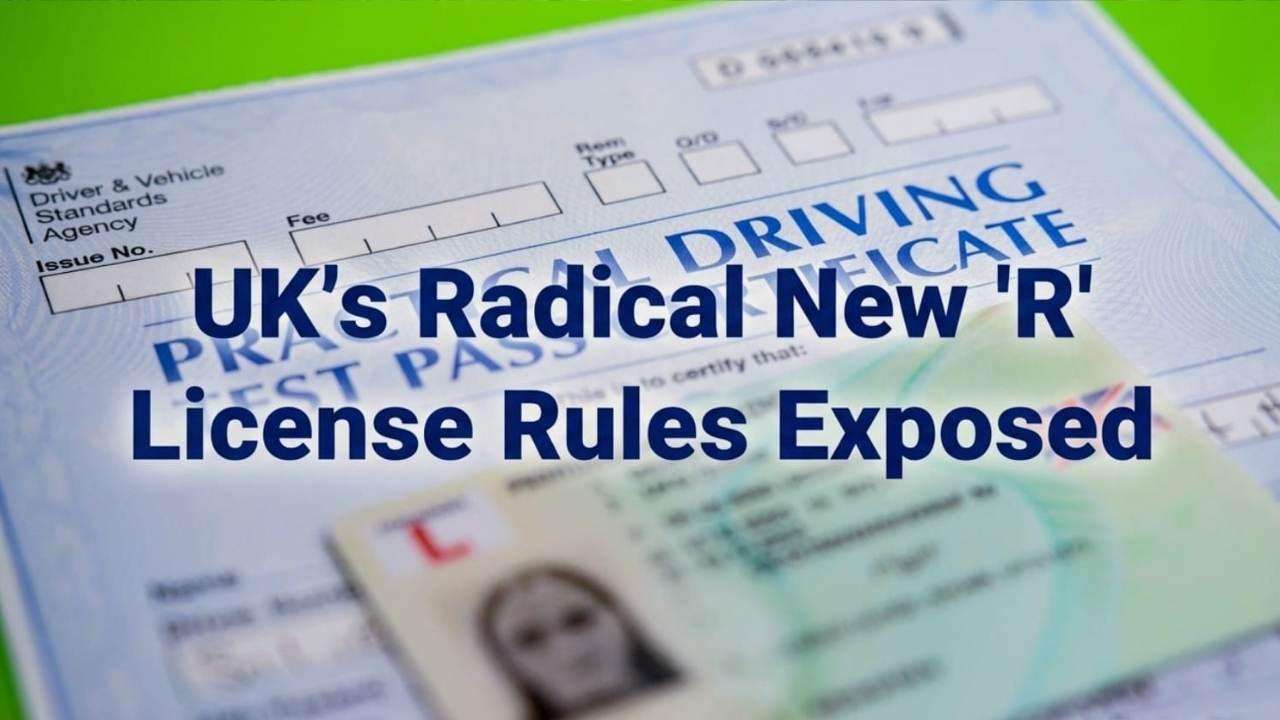

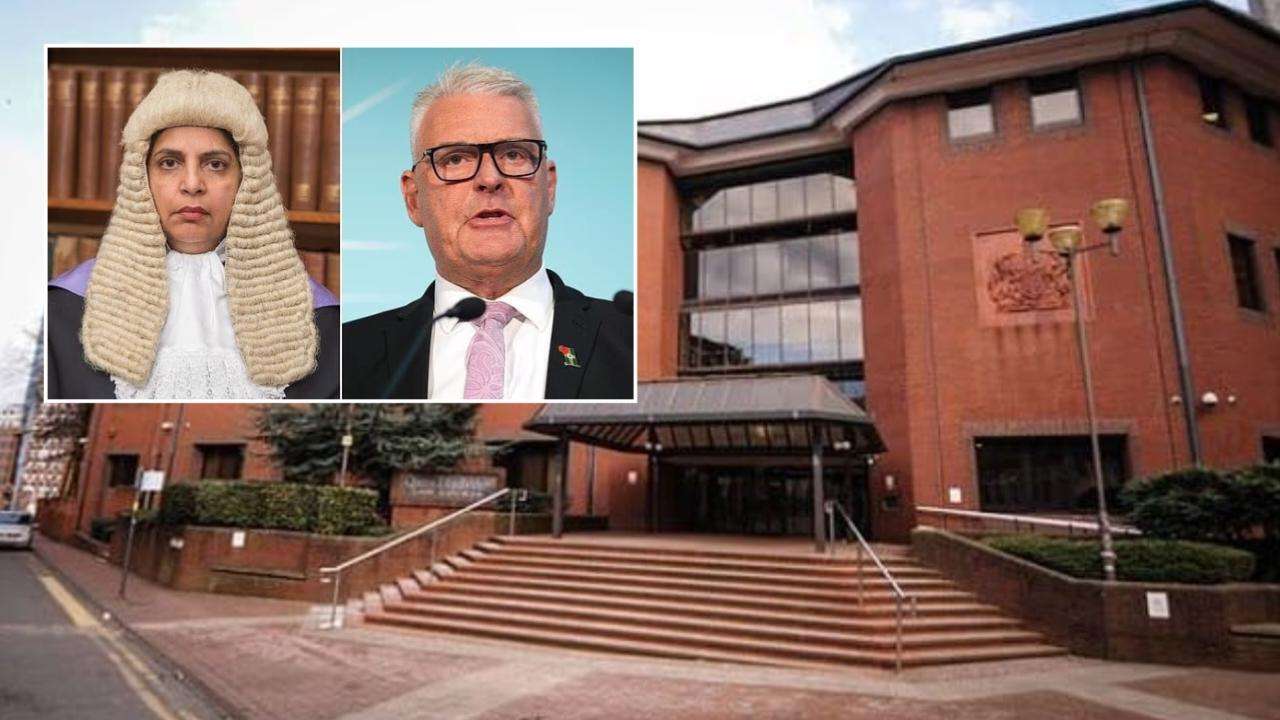
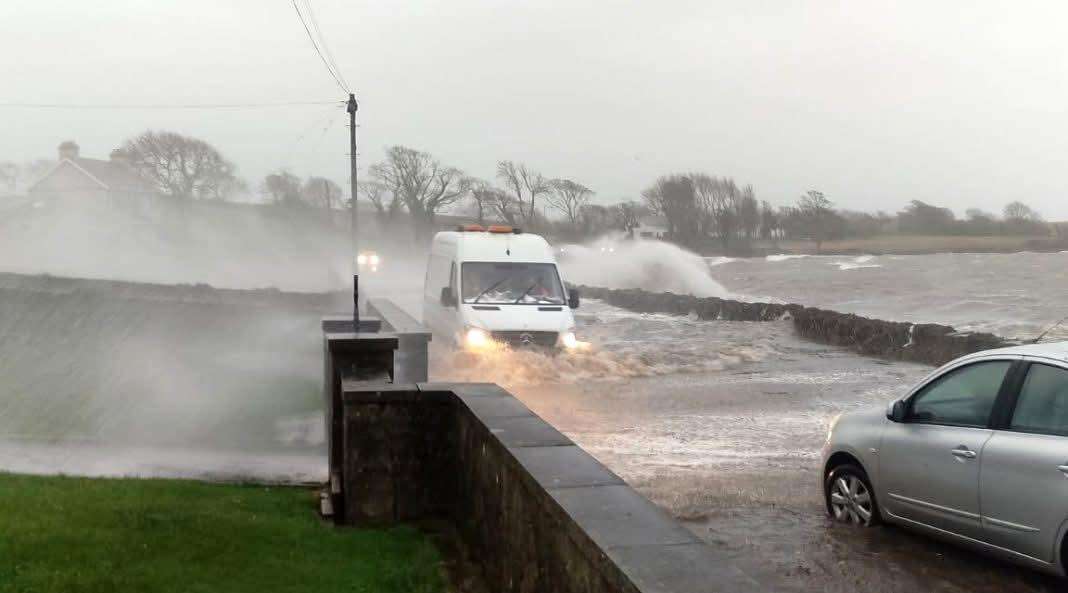
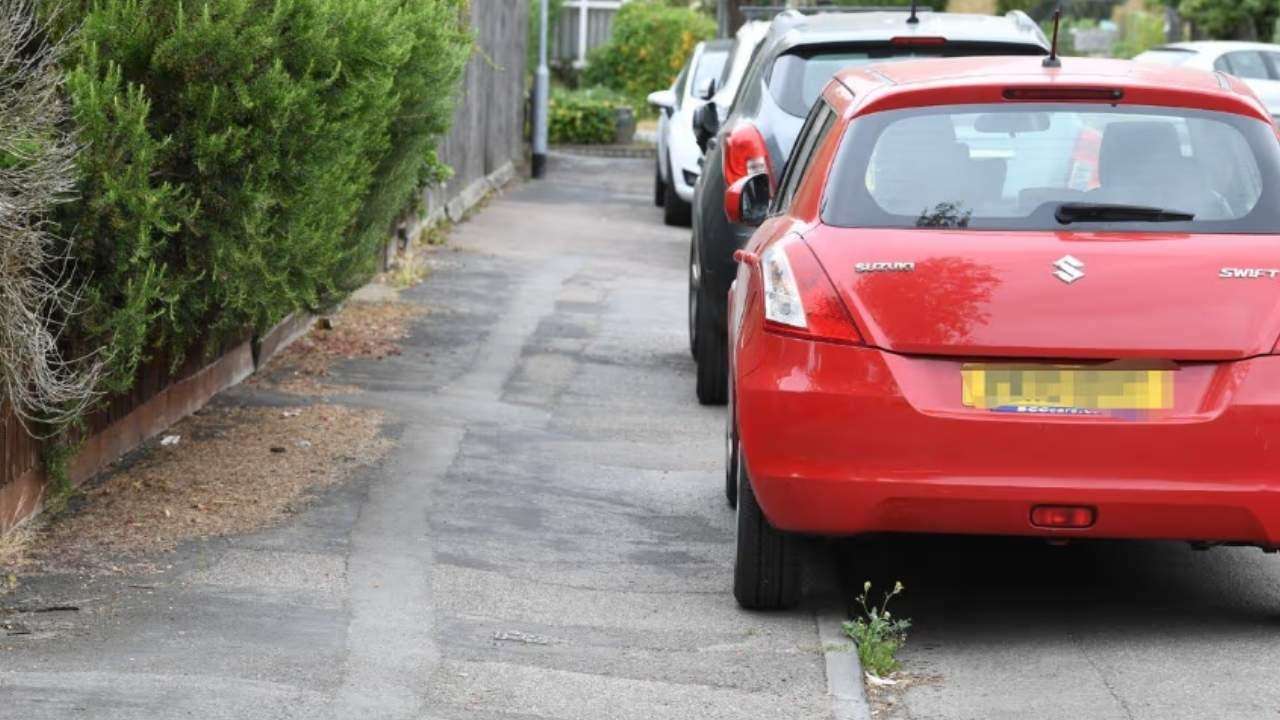


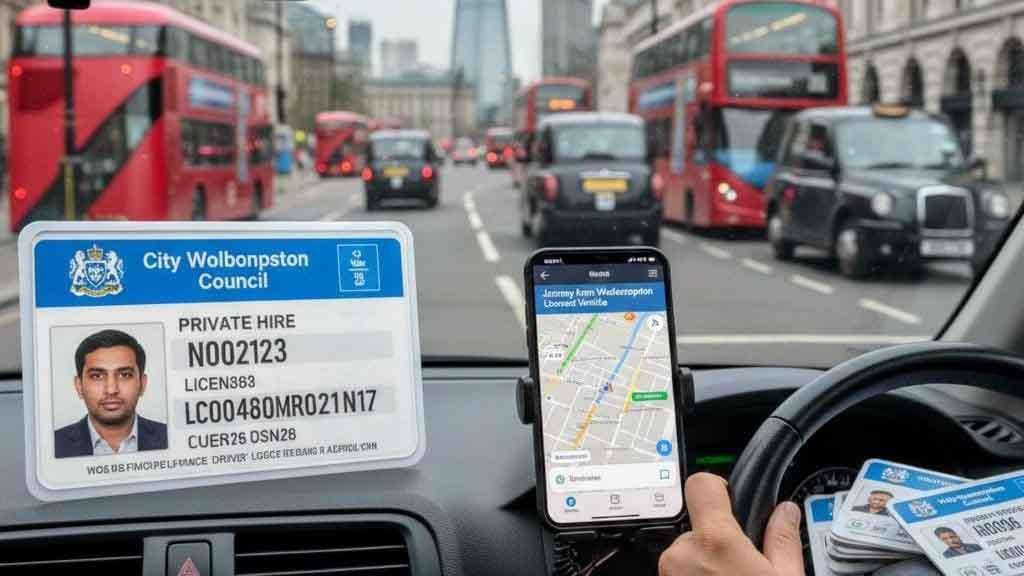
.svg)

